Menstruation has been a topic of taboo and ignorance for centuries. Even today, people hold various myths and beliefs about menstruation that are baseless and harmful. These myths often lead to discrimination, exclusion, and adverse health outcomes for women and girls.
It’s high time that we break down these myths and educate ourselves about menstruation. This blog will discuss some common myths about menstruation and try to debunk them.
Myth 1: Menstruation is dirty
One of the most common myths about menstruation is that it is dirty. This belief is rooted in patriarchal attitudes that view women’s bodies as impure and shameful.
The truth is that menstruation is a natural process that occurs in the female body, and there is nothing dirty about it. The blood and tissue shed during menstruation are the same as any other bodily fluid, such as saliva or sweat.
Myth 2: Menstruation only lasts for three days
Another common myth is that menstruation only lasts for three days. While it’s true that the average menstrual cycle is 28 days, the length of menstruation can vary from woman to woman.
Some women have periods that last only two or three days, while others may have periods that last up to seven days or more. It’s important to note that the length of a woman’s menstrual cycle can also vary monthly.

Myth 3: Women shouldn’t exercise during menstruation
Many people believe women shouldn’t exercise during menstruation, which can lead to health complications. However, this is a myth.
Exercise can help alleviate menstrual cramps and improve mood during menstruation. Women should listen to their bodies and do what feels comfortable for them. There is no reason to avoid exercise during menstruation.
Myth 4: Menstruation is a sign of weakness
Another myth that persists is that menstruation is a sign of weakness. This belief is rooted in the idea that women are weaker than men and that menstruation makes them even weaker.
The truth is that menstruation is a natural process that occurs in the female body, and there is nothing weak about it. Women are just as capable of performing physical and mental tasks during menstruation as at any other time.
Myth 5: Women shouldn’t have sex during menstruation
Many people believe women shouldn’t have sex during menstruation, as it is unclean and can lead to health complications. However, this is a myth.
While some women may not feel comfortable having sex during their period, there is no medical reason to avoid it. Some women may find that sex during menstruation helps alleviate menstrual cramps.
Read more: Pre-Menstrual Symptoms
Conclusion
It’s time to break down the myths and misinformation surrounding menstruation. Menstruation is a natural and normal process in the female body; nothing is shameful or dirty about it. Educating ourselves about menstruation and challenging these myths is crucial in creating a more equitable and inclusive society. Let’s start talking openly and honestly about menstruation and empower women and girls to take control of their bodies and lives.




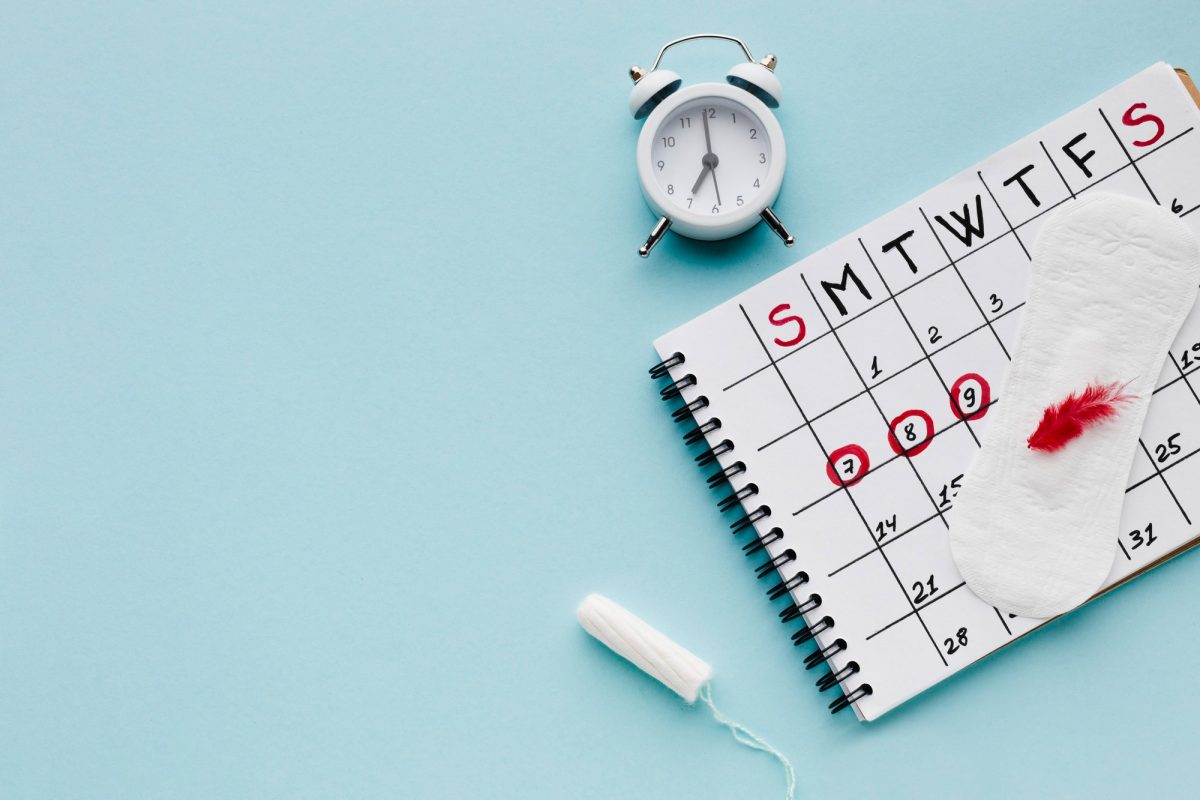

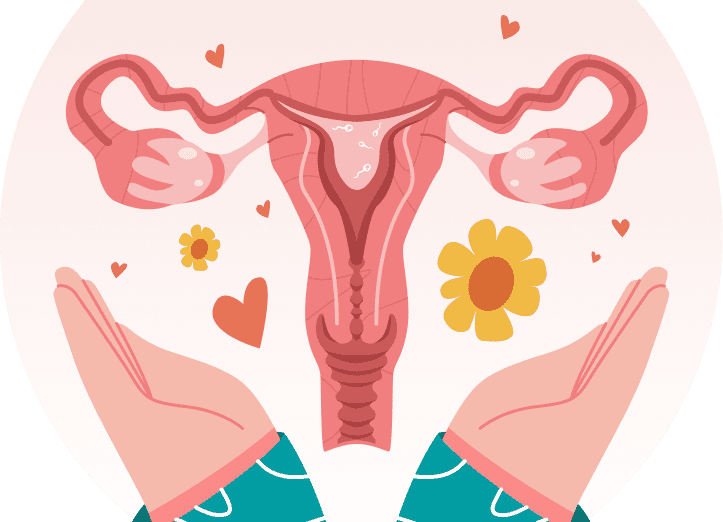
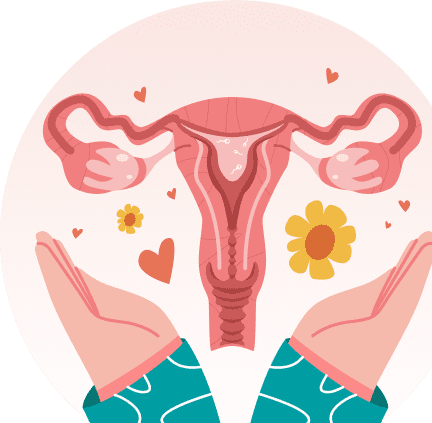
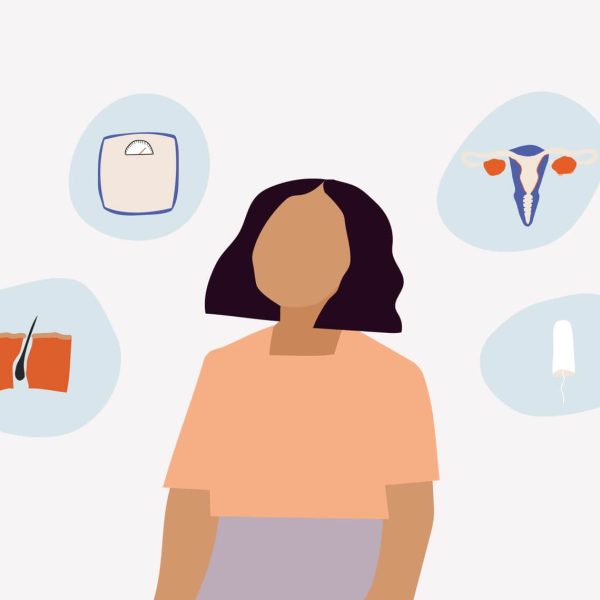
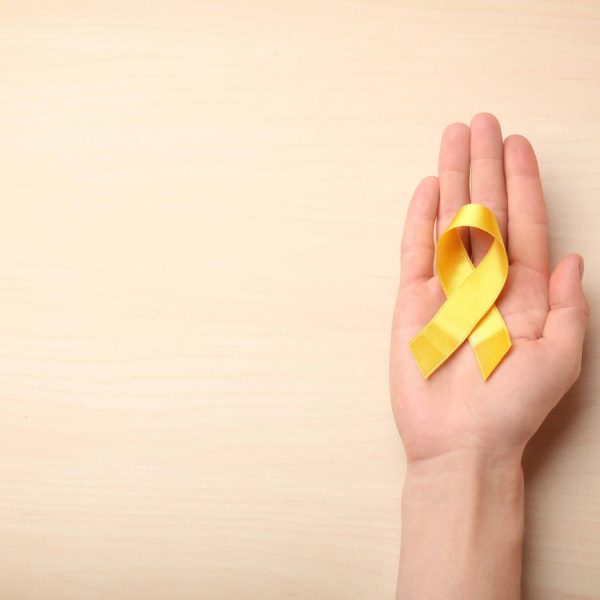
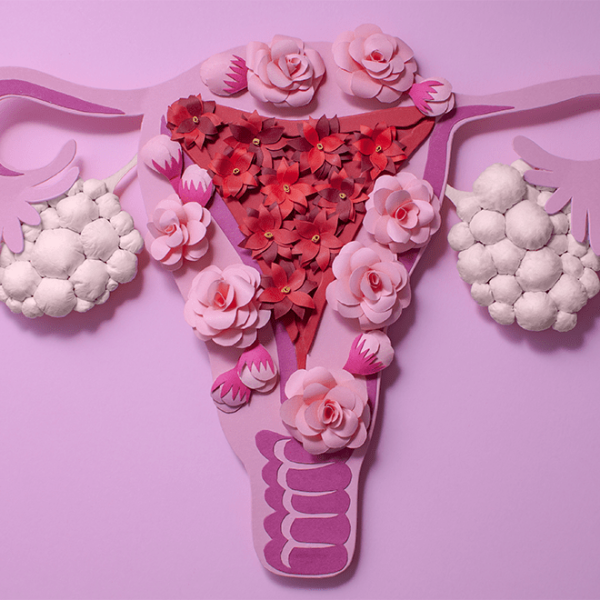


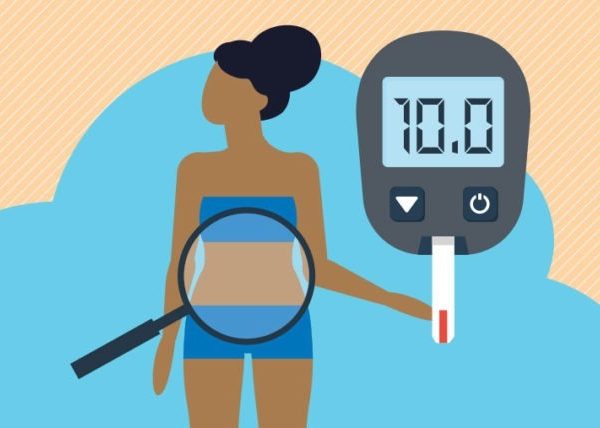
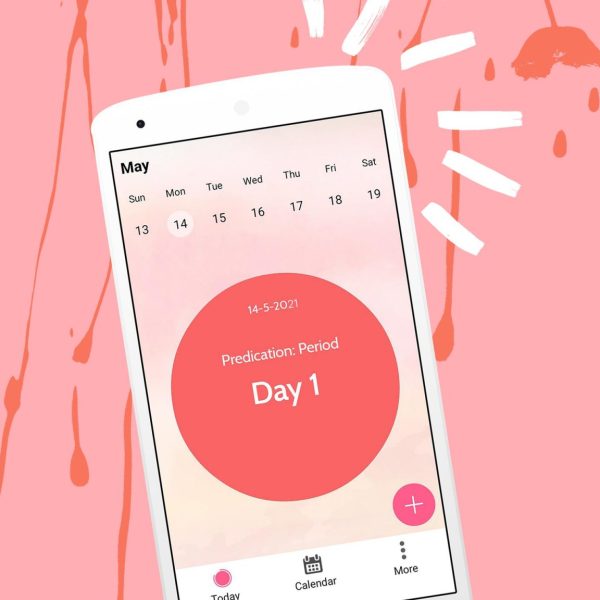
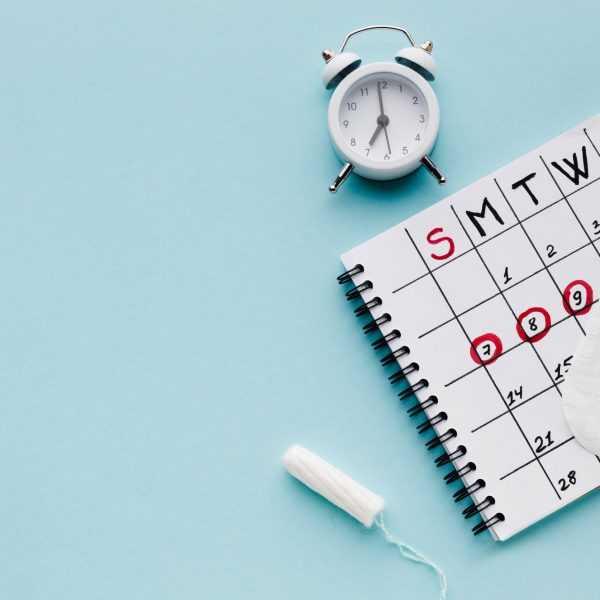
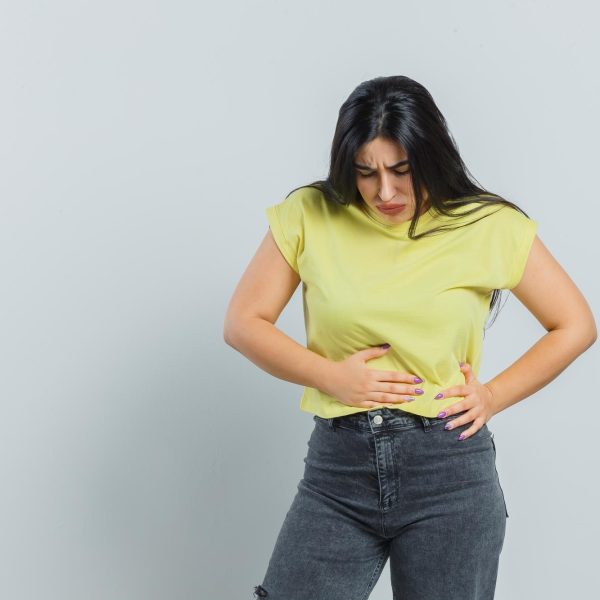







Share this article